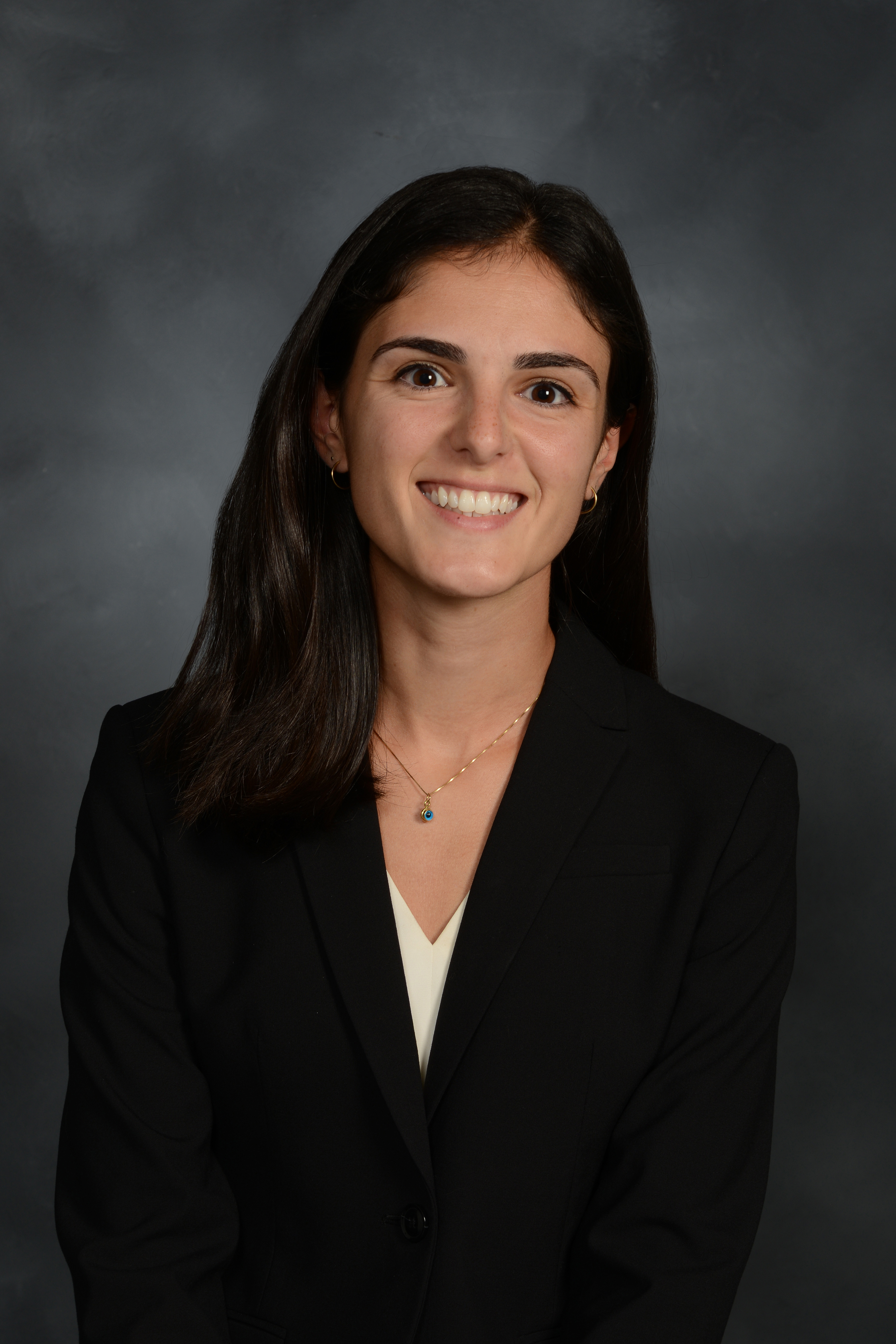Education at Weill Cornell Medical College occurs both inside and outside the classroom. Through partnerships with Weill Cornell Medicine, Memorial Sloan Kettering Cancer Center, and other institutions, students are involved in research opportunities that provide interdisciplinary training integral to their medical education. This summer, medical students partnered with members of our Division of Comparative Effectiveness and Outcomes Research to explore innovative research related to substance use disorders (SUD). Serra Muftu, a second-year medical student with a passion for public health, worked on numerous projects relevant to her long-term goals.

Serra Muftu
She was involved in the “Harm reduction services Offered through Mail-delivery Expansion” (HOME) study, led by Dr. Czarina Behrends, assistant professor of population health sciences. This research study aims to understand how to improve access to harm reduction services through mail-based delivery. Serra assisted with recruiting study participants online and through social media—demonstrating the importance of adapting to how people receive information.
For another study, Serra evaluated syringe service programs (SSPs) and the role of medicine within them. “It could be really impactful to bring medical care to people who are engaging with and trust SSPs,” she explained. “Everyone wants access to health care for their participants, but they are still navigating delivery methods. There is sometimes an overmedicalization of harm reduction in SSPs, and we’re finding ways to preserve community spaces for the people involved.”
Serra also updated a policy dataset of HIV and HCV testing policies at opioid treatment programs by state. The process strengthened her understanding of how laws are written, structured, and organized. Altogether, Serra’s experience built upon her love for health care policy. Having previously worked at the HOPE Clinic at Massachusetts General Hospital, which centers on the experiences of pregnant people and parents with SUD, she is motivated to develop a public health framework that supports people who use drugs.
“Serra is incredibly efficient, knowledgeable, and passionate about her work,” said Dr. Behrends. “I have always had great experiences working with medical students participating in summer research. It's a great way to help them get the opportunity to publish something and obtain help with projects over the summer.”
Serra credits her experience in the division with allowing her to work independently and develop new skills while receiving support and encouragement from faculty members. In the future, she aims to become a pediatrician or family physician. She also aims to specialize in addiction medicine. “I feel like I would be doing patients a disservice if I wasn’t doing research as well,” she added. “Even if it’s quality improvement research, it’s important to continue affecting change at that level.”
- Highlights

